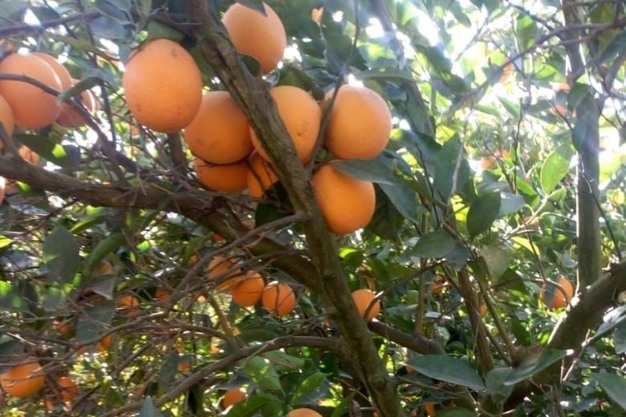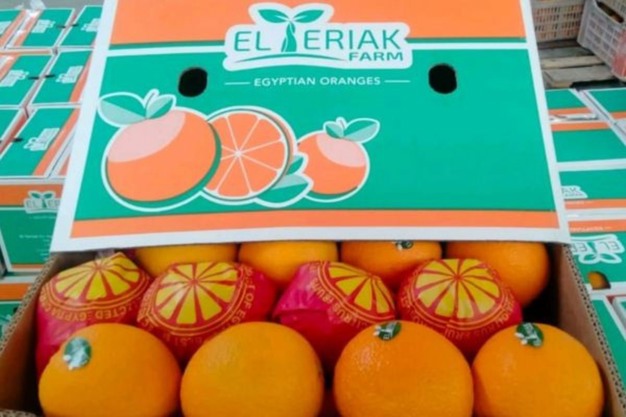The Egyptian citrus industry is set for a complicated end to the season. Growers and exporters are merely waiting to clear their volumes and put an end to a season marked by low prices and a shrinking market.
Amged Nessem, Export Manager of El Teriak Farms, explains the factors influencing Egyptian citrus prices this season: "Several factors come into play in setting prices, such as size, quality, and demand in the destination country. This season, however, other factors have shaken the campaign, the most influential of which is undoubtedly the Red Sea crisis, in addition to the foreign exchange reserves crunch in Egypt."

The exporter explains: "To begin with, the sizes of oranges this season are certainly better balanced than those of last season, and the larger sizes are more abundant, but we are still below the norm in Egypt. Brazil and Canada, which have maintained a strong demand for Egyptian oranges this season, have generally demanded larger sizes. As a result, exporters have turned to Europe to sell medium sizes."
Nessem continues: "The erosion of dollar reserves in Egypt led to a sharp devaluation of the Egyptian pound and stimulated the black market. As a result, many exporters have based their prices on the alternative dollar rate on the black market, creating a gap between the prices of different exporters and a reverse auction that is conducted in the fog. Fortunately, the government has just taken measures against the black market, which augurs well for a harmonization of prices".

"The factor that has most disrupted the citrus season in Egypt remains the Red Sea crisis," continues Nessem. Our market has simply shrunk, as we are cut off from important destinations such as India, Bangladesh, Malaysia, China, and the Gulf countries. Only one company currently crosses the Bab Al Mandab Strait, and the rest of the shipments are lengthened by more than 20 days, not to mention the cost of transport."
Egyptian exporters then found themselves confined to the European market, explains Nessem: "Supply in Europe is too abundant and prices are falling. We are witnessing the harmful phenomenon of sales on commission, which used to take place on the Gulf markets, and are now being transferred to Europe. Exporters are simply trying to get rid of their citrus. Prices are even at the same level as the local Egyptian market."

The extent of the price drop in dollars is relatively small, around 10% compared with the previous season, but in local currency, it's a financial drain, according to the exporter. He explains: "The dollar was at 15 Egyptian pounds last year, it's gone up to 50 pounds this year. The impact on costs is enormous. For example, if a conditioning box has gone from 1 last season to 1.5 dollars this season, that means an increase from 15 pounds to 70 pounds. The cost of packing stations has risen from 600 pounds per ton to 1,500. Basically, the real price has dropped by 30 to 40%."
The exporter concludes, "One of the most telling indicators is the price of oranges on the tree, which has dropped from 12 pounds at the start of the season to 7 pounds currently. Growers started the season with a high spirit, but now they can only hope for better luck next season."
For more information:
Amgad Nessem
Elteriak Farms
Tel: +201 207 976 920
Email: amgad.nessem@elteriakfarms.com
www.elteriakfarms.com
